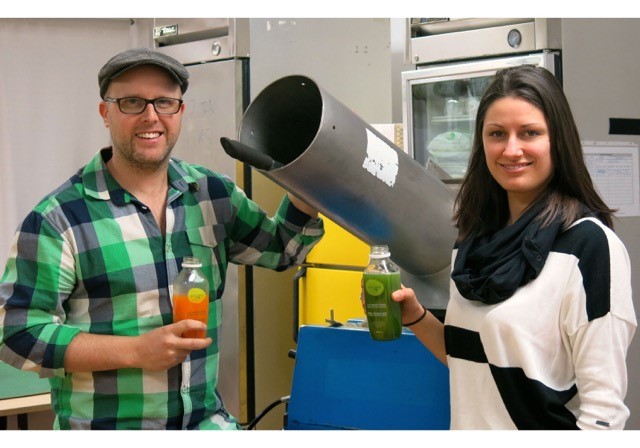- Marketing and sales
Telling your story
Storytelling has been part of the human experience since our ancestors roamed the earth and could speak. Being able to tell a story about yourself and your business makes for a more compelling connection with your audience.
Being authentic is the key to good storytelling; it’s not about dumping a lot of information or having a sales pitch disguised as story.
Hero’s journey
Storytelling involves having the power to reframe past events without changing the truth. At the heart of a good story is the hero (or heroine). Joseph Campbell, the famous scholar on mythology, popularized the notion of the hero’s journey.
Status quo
All entrepreneurs begin with the status quo and look for ways to improve or change it. What intrigues the listener is where you began and where you ended up. What problem did you see in front of you that you wanted to solve? For example, you may have started a health food store because you were frustrated with the quality of food in your neighborhood.
The call to action
Talk about what action you took and be selective. It’s better to be specific than to talk in generalizations. For example, if you began a health food business, don’t just tell us you bought healthy food for your store. Instead, point out something unique or interesting about some of the products you have in stock that gives us a flavor of what you have to offer. Paint us a picture – this will engage people’s imagination.
The test
All great journeys have a challenge, a test, to see if you have the stamina and drive to continue. What was one area (again be selective) on your journey that really tested you? How did you overcome the challenge? For example, maybe it was difficult to get customers because the community in which you live associates healthy food with bland taste. Your response was to have daily food tasting challenges between healthy and unhealthy food to prove your theory.
The return home
All stories return back to the beginning with the storyteller gaining perspective. Mention where you are now and focus on the lesson learned. In the previous example, you may have gained a loyal customer base through your food sampling and also learned the importance of sharing recipes and food related anecdotes. You realized the secret to your success was sharing peoples’ eating experiences – something you hadn’t thought of when you started.
Stories that show you’re vulnerable and have something in common with others resonate far better than a simple listing of facts. Great stories don’t teach as much as they reaffirm our experience on what it means to be human. It’s your turn. What story do you wish to tell?
By Dominik Loncar, CYBF Entrepreneur-in-Residence, dloncar@cybf.ca





